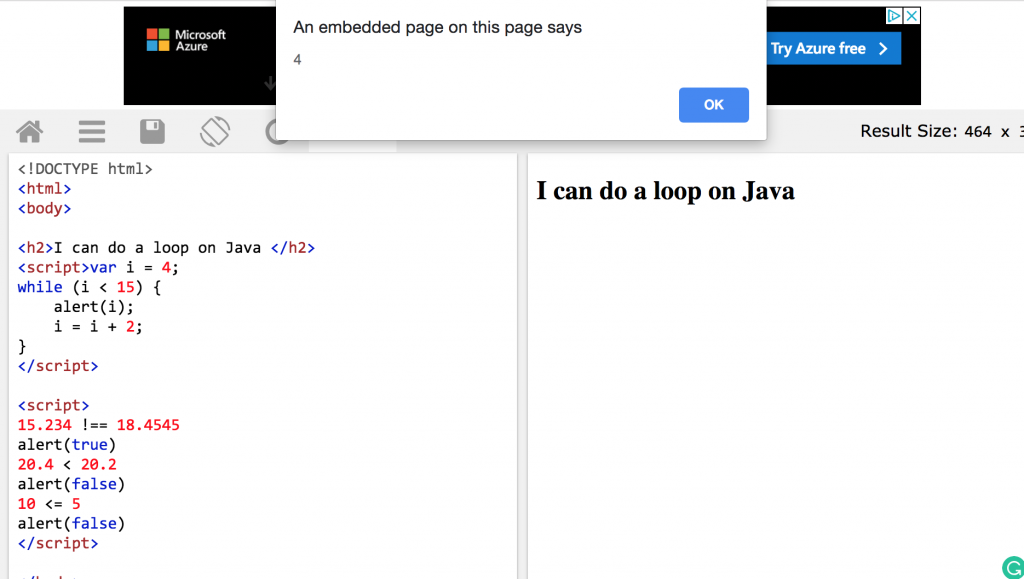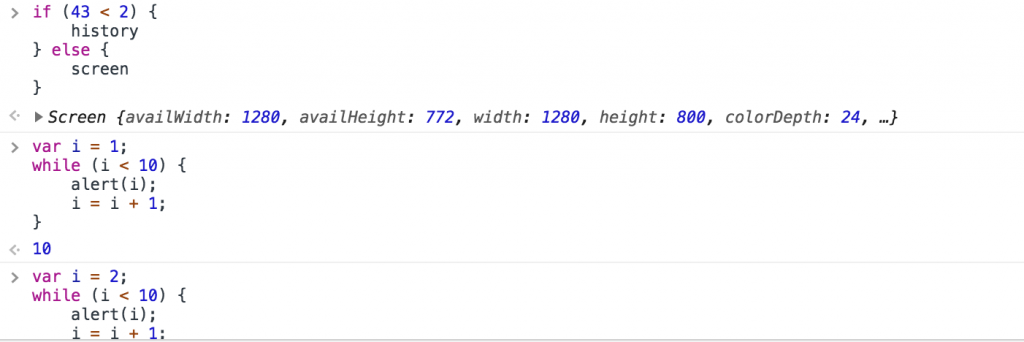I did not know how to code or the interworking’s of computers until I came to Carleton. I heard about computer science and programming languages like Python, Java, and C++, all through natural curiosity. I did not learn how to code until my sophomore year at Carleton for Statistics 215. In that class, we had to create data tables and analyze data using a statistical software called “R.” For the most part, R was a helpful tool for data analysis, and I am glad I received a school-sponsored manual on how to master the fundamentals of R.
As potential economics and political science major, I did not see myself using R outside of math class, and I did not think R would be a transferrable skill. Fortunately for Carleton and myself, I was wrong. I have used R for many social sciences research papers on political and economic behavior. Additionally, I have even used R for my business internships.
My brief experience with coding influenced my argument for humanities students needing to learn how to program. I agree with Kirschenbaum that coding is a way to communicate in an increasingly digital world. The author makes a salient point, “Programming is about choices and constraints, and about how you choose to model some select slice of the world around you in the formal environment of a computer.” Kirschenbaum realizes how vital programming is to shape the world around them. Currently, most computer algorithms and conceptions are done by similar thinking individuals from the STEM field. If more humanities students programmed their notions of reality, it would make for a more vibrant digital landscape with more discussions and solutions to issues currently impacting our worlds like data security and algorithms spanning from ancestral DNA in Anthropology to optimizing analytics for human decision making in Psychology.
Emily W makes an excellent point on how programming in languages like CSS and HTML are marketable skills for employment. I agree. However, I think learning computer programming for better ways to find answers is more valuable than getting answers from a computer. I do not think people should learn how to program for a better job, but how to do their jobs better.
Even though I side with Kirschenbaum, Donahue makes some noteworthy points worth discussing. Donahue focuses on the theoretical meaning of computer science rather than the applied versions that we typically think about like programming in Python, for instance.
Donahue expresses this sentiment writing, “ The discourse divide is not between the humanities and the computer sciences, but equally much between every subfield therein. Learning to program should be no more and no less enabling than reading Derrida.” What Donahue is trying to say is that the field computer sciences are much bigger than programming, though programming is essential, it is not the end all for computer science. There are more unexplored subfields that humanities students have an opportunity to explore. Though, I can understand this sentiment. Donahue is underestimating the power programming has on our digital world. Compartmentalizing intellectual capacity based on skill will not motivate change in the world’s digital landscape. It is going to take programming students from all disciplines of study to further our digital world, by adding new perspectives on how information is processed and spread.
I learned how to do use a loop function on JavaScript, which can streamline analytical work I do in the future for school or business.



